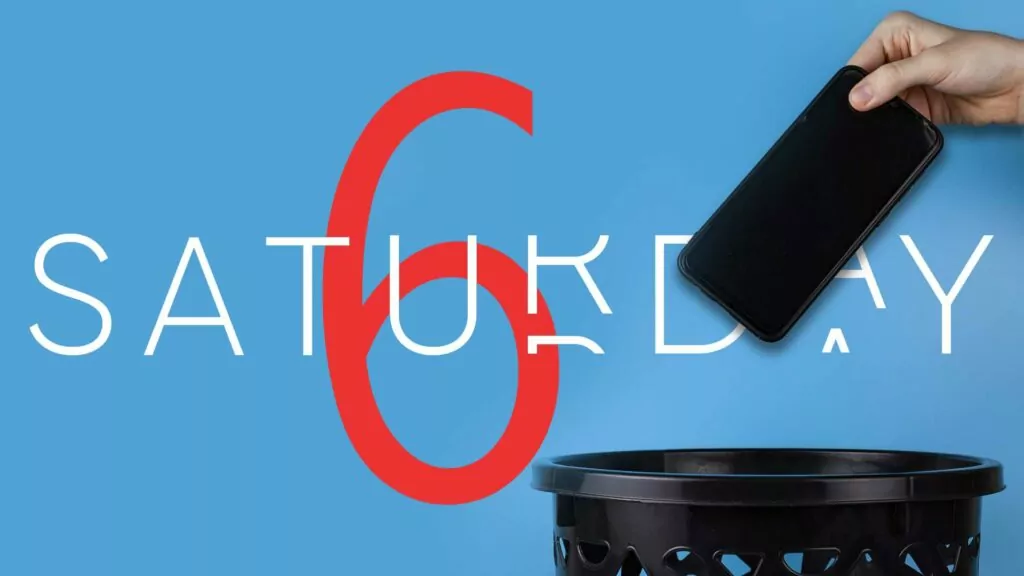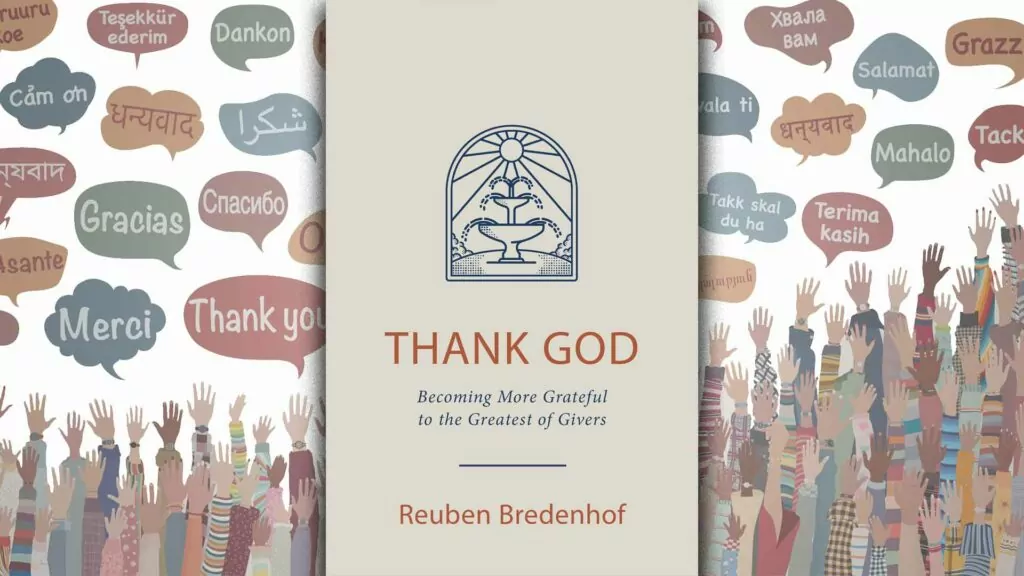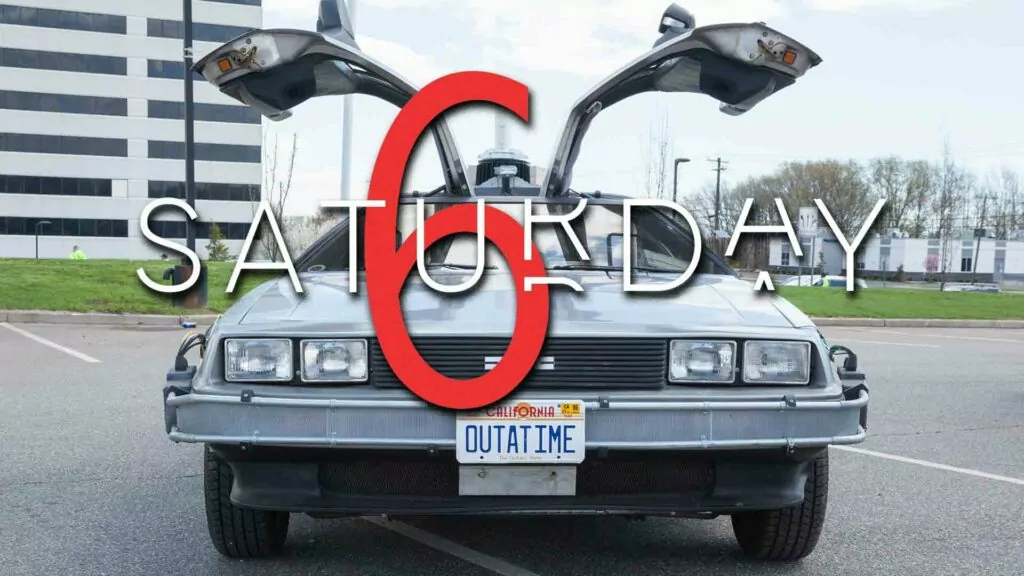
Internet, RPTV
Talking to teens: How does social media fit into a Christian worldview?
TRANSCRIPT
Welcome to Reformed Perspective; I'm Alexandra Ellison.
Did you know that in Canada almost everyone is on social media? About 89% of the population uses it, making Canada one of the most online countries in the world. Given the prominence of social media in our society it's crucial to understand how it's being utilized. For Christian parents it's especially important to be aware of their kids' online activities.
In today's video, I visited a high school to talk with Christian teenagers about their experiences with social media.
Q. 1 Are you on social media? If so, what apps do you use?
Student 1: "Not too much but I am on YouTube and Messenger Kids."
Student 2: "Not really. A little bit. I have Google Chat so I can text my friends; they live like an hour away from me so I don't get to see them too often, so I text them sometimes and sometimes do a video call with them."
Student 3: "Yes, I am. I use Tik Tok quite a bit, as well as Instagram."
Student 4: "Yes I'm on social media. Mostly Instagram and Snapchat."
Q. 2 What are the benefits of social media?
Student 2: "I get to talk to my friends. If I didn't have it I wouldn't be able to communicate with them too much."
Student 1: "I get to catch up with my friends because I don't live close to them and I get to just be entertained and, um, find out a little bit about like movies that are coming out that I might like or just, um, stay current."
Student 3: "I mean, it's entertaining. I also have communication with some of my friends as well via social media, so it's a good way to stay in contact with them. Also, with Instagram, I'm able to look at my family's posts to see what they're up to, especially if I'm not able to see them. I have a cousin overseas so I'm able to see what she's up to overseas, via her posts on Instagram."
Student 4: "Most of the benefits are communications; I've been able to communicate with one of my Bible studies that happens on social media, and also a lot of my friends: church friends, school friends."
Q.3 What are some of the negatives?
Student 2: "If you are with a person, sometimes they're too busy with their phone to actually be with the person. When you're with the person they're too busy on their phone, not with you."
Student 1: "There are a lot of downs to all of these different websites, so you need to be careful on them."
Student 3: "I know people think that they can handle it, so it lessens my time doing other more productive things. As well, it does have things on there that one should not look at."
Student 4: "The negatives of social media are distractions. Sometimes it can just be really distracting, like you want to go do your work and then you just get distracted looking at something on Instagram and then you get down a rabbit hole, down there for an hour."
Q. 4 What should parents be aware of?
Student 2: "Make sure that what they're watching is good content not bad."
Student 4: "They should be aware of who their kids are following 'cause there's a lot of people who maybe seem like they're good people but then they give false information or just a lot of things that can be not honoring God on social media. Sometimes they post something inappropriate that you don't want to see in your feed, or randomly comes up. You especially don't be following those type of things."
Q.5 How does your Christian faith guide you in using social media?
Student 3: "My faith comes into play for what I'm looking at so that I don't look at the negative things. As well, it keeps me honest with what I'm looking at, and how I use my time on social media, and what I use it for spreading God's Word, or at least not getting into different areas of social media where they would be putting God down or just not following Him."
Student 4: "Well, when I use social media my faith can come into play through communications with friends. Especially since I'm at a Christian school, so I can talk with Christian friends, have good conversations, as well as being able to have my Bible study that we have on Instagram. And we meet up and stuff, so it helps me communicate with others and helps me grow in that. And I think that's pretty good, to have that space to be open, when sometimes you can't communicate with others."
Q.6 Can social media be used to glorify God?
Student 2: "I think so. You can tell your opinion on your worldview; share your views of the world on social media."
Student 1: "Well I would say they would have to be extremely careful, and pretty much not really interact with it that much at all. And maybe just talk about the Gospel and all the benefits and all the good things to spread the message because God wants us to spread His Word to the world. There are adults and other people that also do that on YouTube and other platforms, but young kids can also try to do that, to show that the youth also love God as well. But there are risks to that – major, major risks – because some people do, when they're on these platforms, they might get caught up with the fame that they might be getting, and more want what the public wants instead of what God wants them to want."
Student 3: "I think that they can use social media to their benefit and to our benefit as Christians, as you can spread the word of God via social media to a large group of people especially if you have a large platform like these influencers do. As well, you can find communities on Facebook, for example, you can join a Facebook group of Christian people, whether they're doing a Bible study or they just talk about their views on Christ."
Student 4: "Pages like I follow, a few that put a Bible verse a day, or follow like YouVersion, the Bible app. Ways like that. And then also through communication with other Christians, like if you're just find spaces through different apps, you can find people on things like Discord or Facebook. There's just many ways you can connect with others."
It's important for us to reflect on the profound impact our digital interactions can have on our faith and our relationships. Just as we are called to love our neighbors as ourselves, let us extend that love into the virtual realm remembering that every interaction carries the potential to glorify God. In a world often filled with noise and distraction if we do choose to use social media maybe use it as a tool for spreading the light of Christ for building up one another, and for fostering genuine connections rooted in love and grace. As we navigate the ever-changing landscape of technology, may our faith serve as a compass guiding us towards discernment and ultimately towards God's eternal truth.
Thanks for watching this episode of Reformed Perspective. Make sure to subscribe and share this video with family and friends.






























